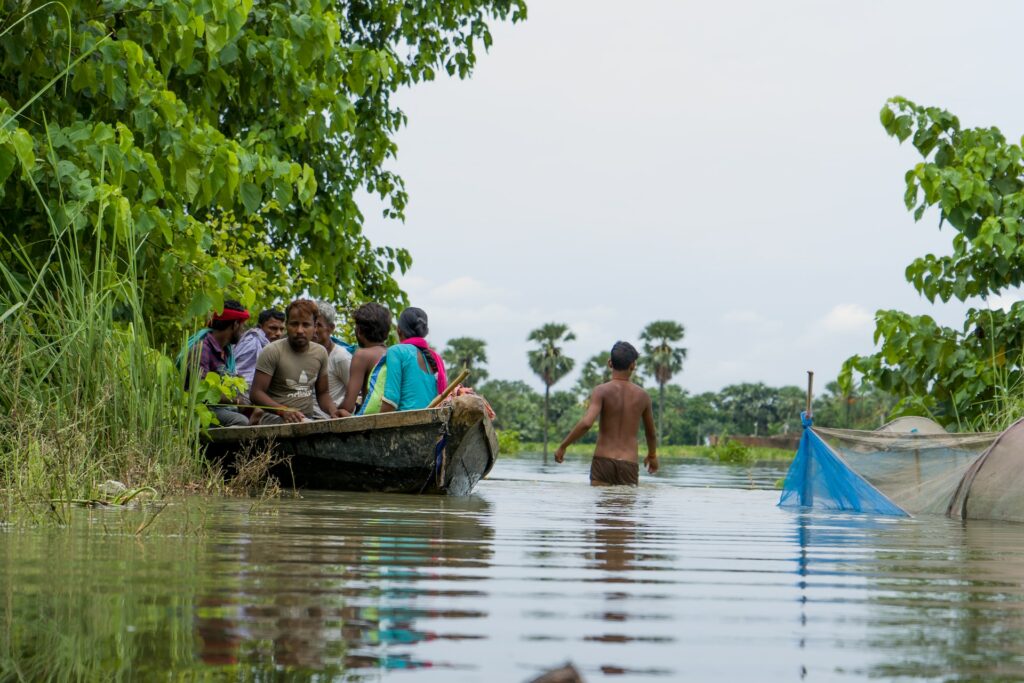


31 March, 2023
By now we’re well aware that the effects of climate change will be felt differently throughout the world. From the disproportionate impact on women to the heightened vulnerability of poor countries, we know that not everyone will suffer equally in a warming world.
Which is exactly why Wellcome is calling for “equality of data” as the world seeks to better understand the impacts of climate change on human health. The charitable foundation has highlighted the problem: most research on climate and health has focused on high-income countries, and there are large data gaps when it comes to impacts on low- and middle-income countries – precisely the regions where the effects of climate change are felt most.
Without accurate information on how vulnerable communities are impacted by climate change, it’s nearly impossible to take meaningful action to preserve human health. Wellcome is therefore calling for a change to how we study health and climate, including a shift from large-scale, national-level data collected annually to regional, real-time data collection focused on the most affected individuals. Crucially, they also highlight how important it is that this data is then engaged with and brought into both the hands of decision makers and affected communities as well as the public eye.
It’s not just in public health that we need to consider equity in climate research. The development of adaptation technologies, too, has thus far taken place primarily in wealthier nations, yielding solutions that will not necessarily translate to poorer contexts. Many countries, for example, do not have the infrastructure or stability of government institutions to support the implementation of adaptation technologies that are developed by researchers in high-income countries.
Climate change is a global problem, but how we are affected by and adapt to it is highly localised. In order to ensure everyone is able to do so, particularly those who have contributed least to the problem and yet feel the effects most strongly, we need to think critically about where we are directing our efforts to understand and adapt to our changing world.
By Louise Podmore